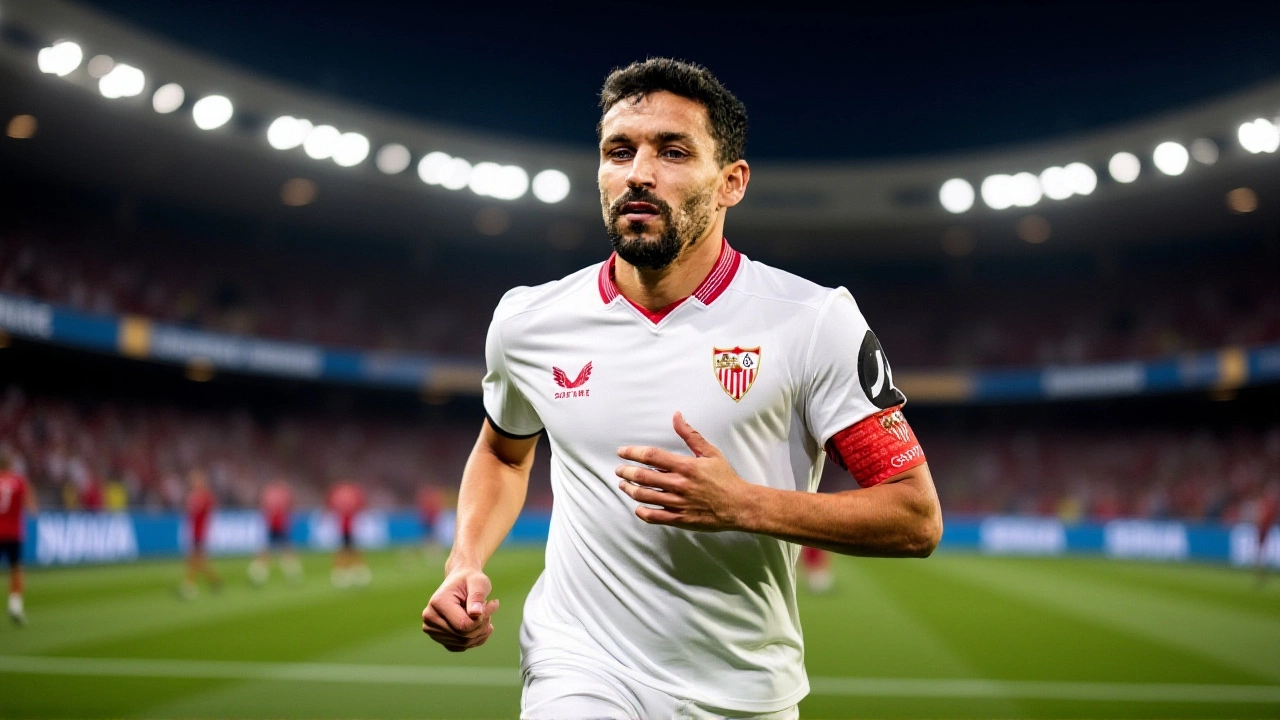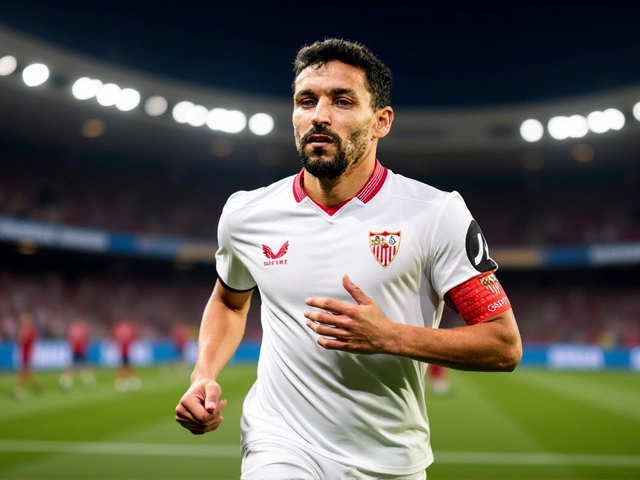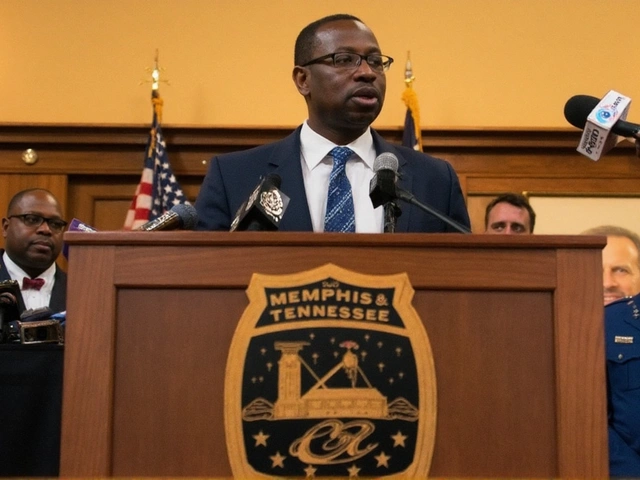At 21, Alejo Véliz isn’t just coming home—he’s reclaiming a piece of his soul. The Argentine striker, born in Murphy, Santa Fe Province, is finalizing a one-year loan move from Tottenham Hotspur to his boyhood club, Club Atlético Rosario Central, with the deal expected to be signed before the 2025-26 Argentine Liga Profesional de Fútbol season kicks off in August 2025. Sources including Mundo Albiceleste, Transfer Feed, and Spurs Web confirmed the agreement on July 7, 2025. But this isn’t just another loan. It’s a homecoming. And for a kid who grew up dreaming of wearing Rosario’s iconic black-and-white stripes, it’s everything.
A Boyhood Dream, Realized
Véliz joined Rosario Central’s youth academy at age 10. He trained on the same pitches where legends like Mario Kempes once sharpened their skills. By 19, he was scoring in the first team, catching the eye of European scouts. In 2023, Tottenham Hotspur paid between €15 million and €23 million—sources disagree—to activate his release clause. He never played a competitive minute for Spurs. Instead, he was immediately shipped off: first to Sevilla Fútbol Club for 2023-24, then to RCD Espanyol in Barcelona for the 2024-25 season. He played well, but never felt at home. In London, he was a commodity. In Rosario, he’s family.That’s why, when talks began this summer, Véliz made one thing crystal clear: he’d only return to Argentina if it was to Rosario Central. No other club. Not Racing Club. Not River Plate. Not Boca. Just Rosario. And he didn’t just tell his agents—he told Tottenham’s hierarchy directly. According to insiders, he even called Ángel Fabián Di María, the 37-year-old Argentine icon, to ask if he’d be joining too. Di María, who’s also set to sign with Rosario Central, confirmed he would. That conversation sealed it.
The London Trip That Almost Didn’t Happen
The deal nearly collapsed over paperwork. In early July, Gonzalo Belloso, president of Rosario Central, and his wife, Carolina Cristinziano, vice president, flew to London. They met with Tottenham’s director of football, their legal team, and even the club’s finance officers. The goal? Secure Véliz’s return on loan. But tax regulations in Argentina complicated everything. The Argentine tax authority demanded a portion of the loan fee be withheld—a clause that would’ve made the deal financially unworkable for Rosario Central’s budget.For three days, the talks stalled. Then, in a quiet hotel room near Heathrow, Belloso and Cristinziano proposed a creative solution: they’d pay the full loan fee upfront, but structure it as a "training and development contribution," a category with lighter tax implications. Tottenham agreed. It wasn’t perfect, but it worked.
Contradictions in the Contract
Here’s the twist: no one agrees on the terms. Mundo Albiceleste says the loan has no purchase option. Transfer Feed claims Rosario Central has the right to buy 50% of Véliz’s economic rights. And Spurs Web mentions a "special clause applicable in 2025"—but won’t say what it is. Is it a buy-back? A bonus for appearances? A clause that triggers if Véliz scores 10 goals? No one’s confirmed. What’s clear: Tottenham wanted a permanent sale. They got a loan instead. And they accepted it—not because they had to, but because Véliz made it personal.Remember Racing Club’s offer? In June, they offered €4 million plus €3 million in performance bonuses. Tottenham turned it down. Why? Because they knew Véliz wouldn’t go there. And they knew he’d only play for Rosario. So they chose loyalty over leverage.
Why This Matters Beyond the Pitch
Rosario Central isn’t just a club. Founded on December 24, 1889, it’s one of Argentina’s oldest and most culturally significant institutions. In a country where football is religion, Rosario Central is a cathedral. Véliz’s return isn’t just a transfer—it’s a symbolic reconnection. A local boy, forged in the streets of Santa Fe, coming home to lead the next generation. And with Di María joining, the club isn’t just rebuilding—it’s rewriting its legacy.For young fans in Rosario, this is more than news. It’s hope. Véliz, once a kid with a worn-out ball and a faded jersey, is now the symbol that dreams can come full circle. He didn’t need to go to Europe to make it. He just needed to remember where he started.
What’s Next?
Véliz is expected to report to Rosario Central’s training complex at Avenida Pellegrini 1750 in late July, ahead of pre-season. His first public appearance will likely be at the club’s annual fan festival on July 25. Meanwhile, Tottenham will keep an eye on his progress. If he thrives, they might reconsider their stance on his economic rights in 2026. But for now, they’re letting him go—on his terms.Frequently Asked Questions
Why did Tottenham accept a loan instead of selling Véliz permanently?
Tottenham preferred a permanent sale, but Véliz made it clear he’d only return to Argentina if joining Rosario Central. With no other club willing to meet his emotional requirement—and Racing Club’s €7 million offer rejected—Tottenham chose to honor his wishes. The loan structure, though less profitable, preserves their ownership and leaves the door open for future negotiations, especially if Véliz performs well in the 2025-26 season.
What’s the significance of the "special clause" mentioned in the deal?
The exact nature of the clause remains undisclosed, but sources suggest it could be a buy-back option triggered in 2025 if Véliz reaches certain performance benchmarks, such as scoring 12 goals or helping Rosario Central qualify for the Copa Libertadores. It’s a safeguard for Tottenham, ensuring they retain control over his future without forcing a sale now.
How does this impact Rosario Central’s chances in the 2025-26 season?
Véliz’s return, paired with Ángel Di María’s arrival, transforms Rosario Central from a mid-table contender into a serious threat. At 21, Véliz is a dynamic forward with pace and finishing; Di María brings vision and leadership. Together, they could elevate the team’s attack to top-three levels in Liga Profesional, potentially securing continental qualification for the first time since 2018.
Why did Racing Club’s offer get rejected?
Racing Club offered €4 million upfront plus €3 million in bonuses, but Véliz had already ruled them out. Tottenham knew he wouldn’t sign with them, making the offer irrelevant. More importantly, Tottenham believed Rosario Central’s loan deal—despite lower immediate revenue—better preserved the player’s long-term value and emotional connection, which could lead to a higher sale price later.
Is this a sign of a broader trend of South American players returning home?
Yes. Players like Di María, Lautaro Martínez, and now Véliz reflect a growing trend: elite South American talents are choosing to return home later in their careers—not just for money, but for identity. Clubs like Rosario Central are leveraging emotional ties and cultural legacy to attract players who might have once chased European glory. It’s a shift from profit-driven transfers to legacy-driven ones.



